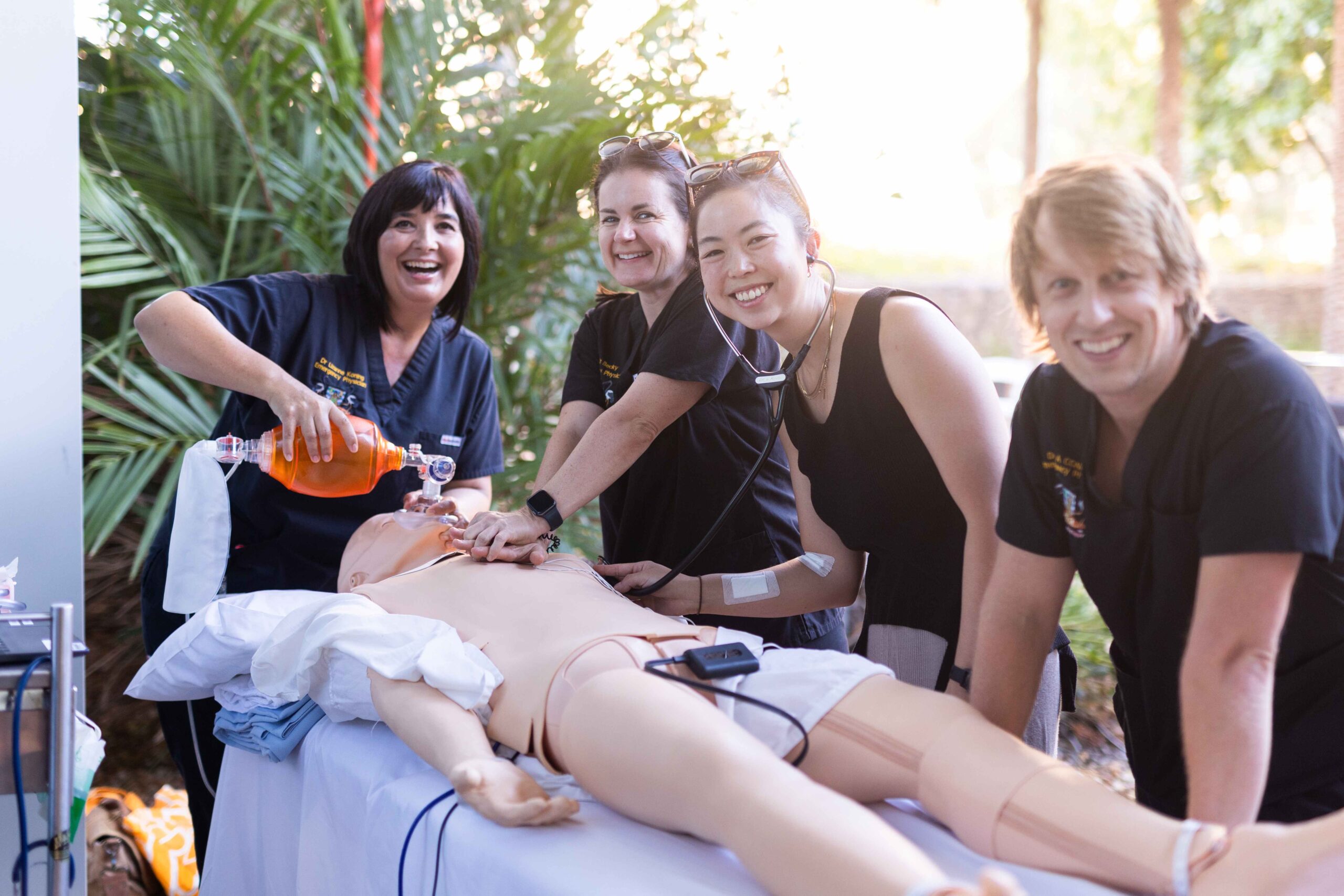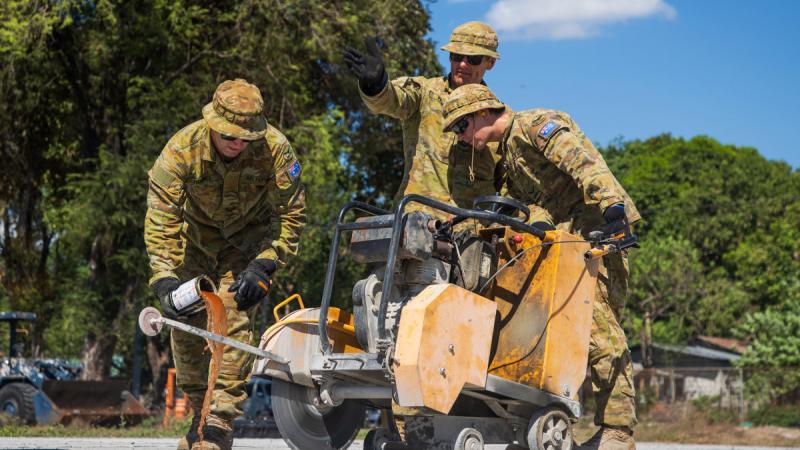Department of Health
The firstNT-specific strategy to help reduce the high rates of Sexually TransmissibleInfections and improve the sexual health of all Territorians has been released.
The NorthernTerritory Sexually Transmissible Infections and Blood Borne Viruses Strategicand Operational Plan 2019-2023 aims to improve the sexual health ofTerritorians by its focus on health promotion, prevention, testing, earlytreatment and preventing the onward transmission of Sexually TransmissibleInfections (STI) and Blood Borne Viruses (BBV).
Thestrategy applies to all Territorians, however some populations are more at riskof STI and BBV transmission and are disproportionately affected by increases indisease burden, said Dr Sally Singleton, Section Head of the Sexual Health and Blood Borne Virus Unit.
Itacknowledges these populations are diverse, have diverse needs, are spreadacross different settings, and can have different patterns of STI and BBVtransmission.
Thestrategy outlines a coordinated stakeholder approach to reduce the burden ofdisease on individuals, families and communities and to provide the opportunityfor Territorians to live longer, healthier lives, reducing healthcare costs,especially on hospitals.
Thestrategy focuses on six priority action areas:
- Education and prevention
- STI/BBV testing
- Early treatment, care and support
- Creating an enabling environment with equitable access
- Strengthening workforce and peer-based capabilities
- Monitoring, evaluation and focussed research.
Thestrategy specifically identifies public health activities related to thesyphilis outbreak in the NT throughout each of the priority action areas.
Thisincludes a focus on access to testing and treatment for those who are mostat-risk of acquiring syphilis in the current outbreak young Aboriginalpeople.
Activitiesto support the syphilis outbreak response include:
- making available relevant, culturally appropriate, prevention-focussed health promotion resources in collaboration with communities
- the deployment of community screens and point-of-care tests to rapidly identify and follow up those who are infected
- support for an increased and appropriately skilled workforce, especially Aboriginal persons, including provision of training, education and relevant clinical guidelines
- strategies to ensure timely testing and treatment in pregnancy
- treatment and culturally appropriate contact tracing through primary health care teams and supported by the NTG Syphilis Register, which assists with monitoring, follow-up of clients and advice for clinical providers
- review of NT and national data to inform actions.
Thestrategy is aligned with the five national STI/BBV strategies that werereleased at the end of 2018 (Fifth Aboriginal and Torres Strait Islander BBVand STI strategy; Fourth National STI strategy; Eighth National HIV strategy;Fifth National Hepatitis C strategy; and Third National Hepatitis Bstrategy).
The SexualHealth Advisory Group is a group of government and non-government stakeholdersthat meets three times a year to provide advice on sexual health policy andstrategy, facilitate collaboration and coordination among its members to reducecostly program duplication, and promote new initiatives. This groupidentified the need for an NT-specific sexual health strategy. The SexualHealth and Blood Borne Virus unit of the Centre for Disease Control took on therole of driving the development of the strategy in collaboration with thesestakeholders.
The strategy is available online at: https://health.nt.gov.au/health-governance/nt-health-strategies








